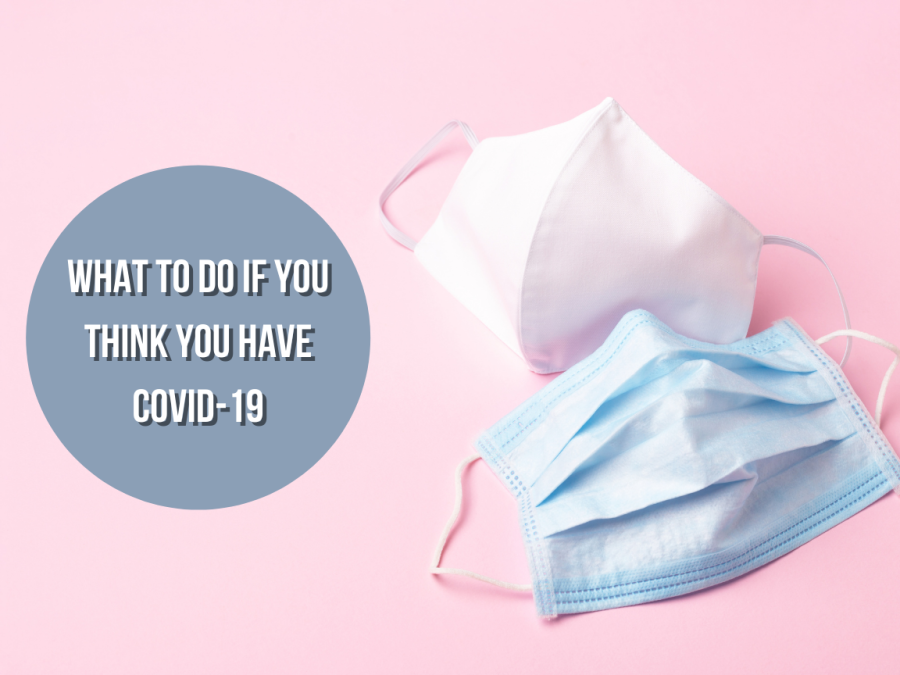What to do if you think you have COVID-19
Canva Image made by Rianne Herrera
The COVID-19 pandemic continues to affect the global population. It is important to know what to do if one tests positive for COVID-19.
There are many people who have recovered or died from COVID-19 just in the past two years.
Cosumnes River College Nurse Michelle Barkley offered advice about what to do if you’re exposed to the virus or become infected.
“If you tested positive and you have the infection, then you isolate,” Barkley said. “If you’ve been exposed to someone who has tested positive, then you quarantine.”
Barkley spoke about the best course of action in keeping yourself safe from the virus in your household if you have the virus or someone else in your family has it.
“You have to find ways to be able to separate yourself from other people: staying in your room, completely limiting your contact with other people, if you have to have an exchange with someone, always wear a mask,” Barkley said.
Barkley spoke about how many days you have to isolate yourself from others and what to do if you decided to get retested later on.
“If you test positive, you isolate for up to five days at the beginning of your COVID test,” Barkley said. “If you get retested and results come back negative, then the isolation can stop,”
The Centers for Disease Control and Prevention’s website has an explanation on close contact if you do have COVID.
“Close contacts are someone who was less than 6 feet away from an infected person (laboratory-confirmed or a clinical diagnosis) for a cumulative total of 15 minutes or more over a 24-hour period,” according to the CDC website.
Barkley explained one of the most difficult side effects COVID.
“If you have any other existing conditions, COVID impacted your ability to heal,” Barkley said.
Volleyball Assistant Coach Brandon Merritt spoke about what the players can do if they think they have the virus.
“If they are feeling any of the symptoms, we have them go and get tested right away,” Merrit said. “There is testing done on campus that they can go to.”
Merritt said there was no reason to cancel any of the volleyball games because one of the players has COVID.
“In volleyball, we have not had to cancel any games,” Merritt said.
Merritt said anybody dealing with COVID differs from person to person.
“The most interesting thing is that it’s different for every individual,” Merritt said. “Some people have more extreme reactions, some have smaller reactions and some people have no reaction at all.”
For information on how to get tested for COVID-19 on campus, visit the CRC website.

